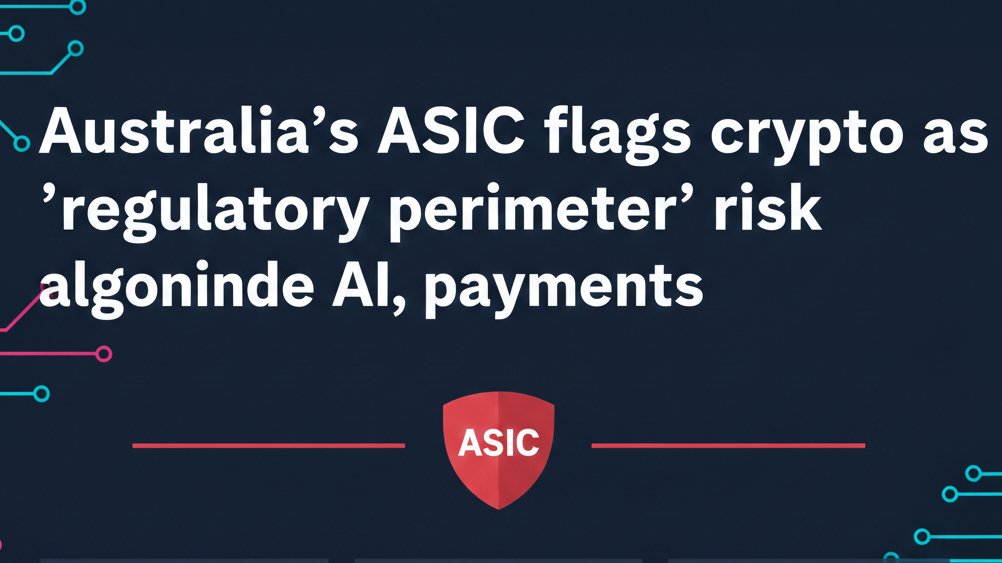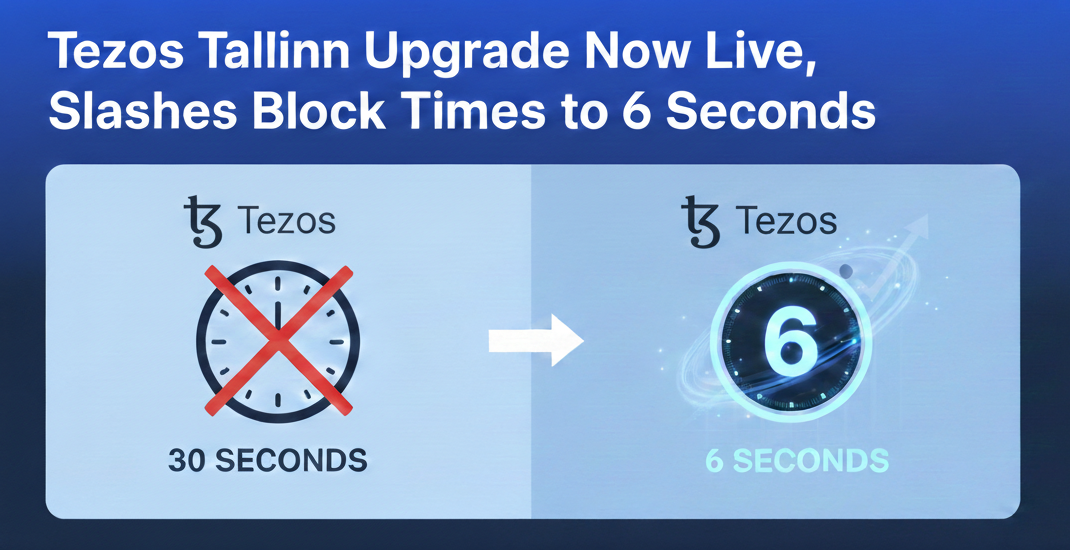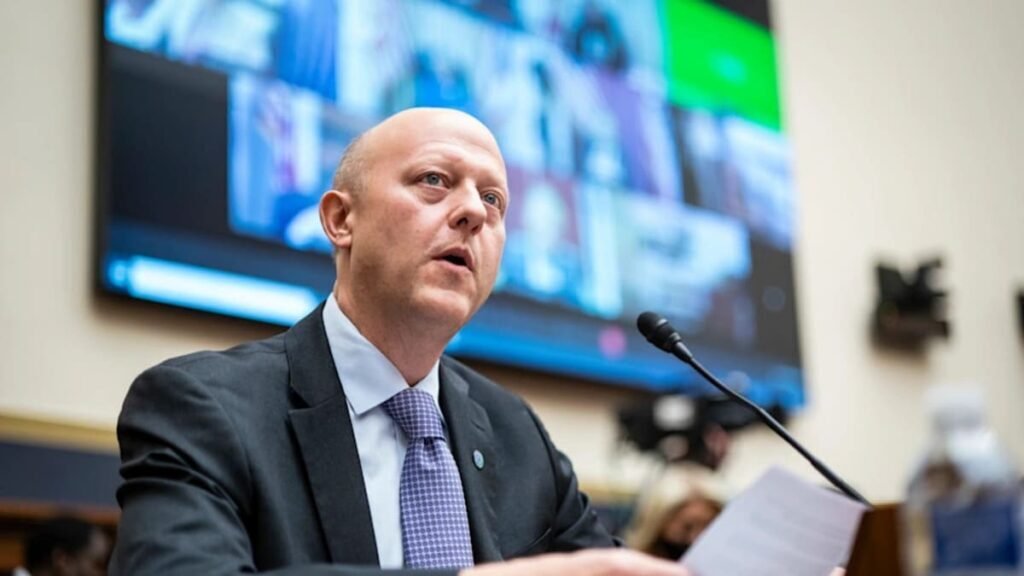Citadel to SEC: Tokenized Securities Must Offer Real Financial Innovation, Not Exploit Loopholes

As the U.S. Securities and Exchange Commission (SEC) moves closer to establishing a regulatory framework for tokenized securities, financial giant Citadel Securities is urging caution. In a recent statement, the firm emphasized that blockchain-based securities must bring tangible advancements in efficiency not just serve as a regulatory workaround.
Tokenization Needs to Enhance Market Function, Not Just Rebrand It
According to Citadel, the success of tokenized financial products hinges on their ability to introduce genuine innovation. Without this, the firm argues, new digital asset models risk undermining traditional capital markets.
“Tokenized securities must deliver real benefits to market participants not simply navigate around regulatory obligations,” Citadel wrote in a detailed comment submitted to the SEC’s Crypto Task Force.
The market maker warned that relying on “regulatory arbitrage” could create unfair advantages instead of fostering meaningful innovation. Its statement follows the SEC’s growing commitment to embracing blockchain technology by exploring more flexible regulatory paths for digital assets.
What Is Tokenization and Why It Matters
Securities tokenization refers to the process of converting traditional assets such as stocks, bonds, or real estate into digital tokens on a blockchain. Proponents point to several benefits:
- Reduced transaction costs by minimizing intermediaries
- Faster trade settlements, cutting days down to minutes
- Greater access to assets through fractional ownership
- Improved transparency and auditability via distributed ledgers
A 2024 report by the World Economic Forum projected that tokenization will steadily reshape asset management infrastructure, particularly as more institutions adopt blockchain-based systems.
Industry Giants Jump on Board
Major players like BlackRock and Franklin Templeton are already exploring tokenized products. Meanwhile, crypto-native platforms such as Coinbase, Robinhood, and Kraken are designing next-generation trading tools around blockchain-based assets.
SEC Chair Paul Atkins has strongly backed tokenization’s potential, comparing its impact to the leap from CDs to streaming in the audio industry. He has also floated the idea of an “innovation exemption” to encourage financial experimentation within defined regulatory boundaries.
Citadel Raises Red Flags Over Liquidity and Market Access
Despite growing institutional momentum, Citadel highlighted considerable risks. The firm expressed concern that tokenized markets could drain liquidity from traditional stock exchanges and IPOs while creating alternative trading pools that might be inaccessible to core institutional investors such as pension funds, endowments, or large banks.
Such fragmentation, Citadel warned, could “disrupt price discovery” and diminish transparency in broader capital markets. The firm called on the Commission to prioritize fair access and avoid creating silos that serve only select participants.
Traditional Institutions Face Hurdles in Crypto Adoption
Citadel’s concerns echo resistance from other traditional firms trying to enter the digital asset space. For example, JPMorgan recently announced plans to offer Bitcoin-backed loans, marking a stark shift from its previous conservative stance on crypto.
However, Adam Reeds, co-founder and CEO of Ledn, cautioned that banks unfamiliar with crypto will encounter immense challenges. Chief among these are crypto collateral volatility, custody security, and establishing reliable liquidation frameworks during market swings.
“Entering Bitcoin lending isn’t just about holding digital assets,” Reeds said. “It’s about managing risk efficiently when markets turn and ensuring clients remain fully aware of how their assets are being handled.”
Additionally, crypto custody security remains a hot-button issue. In June, Circuit CEO Harry Donnelly touted a new recovery engine designed to assist institutions in reclaiming lost or locked digital wallets.
A Call for Responsible Regulation
While Citadel underscored the potential of tokenized finance, it stressed the need for responsible oversight. The firm urged regulators to clearly define rules for blockchain-based securities through standard agency procedures not through shortcuts or unchecked exemptions.
Ultimately, Citadel’s warning serves as a reminder that while tokenization represents a technological leap, its success hinges on responsible integration into existing financial ecosystems.
“Financial innovation shouldn’t come at the cost of fairness and transparency,” the statement stressed. “Tokenized products must improve how markets function not replace due diligence with digital theatrics.”





